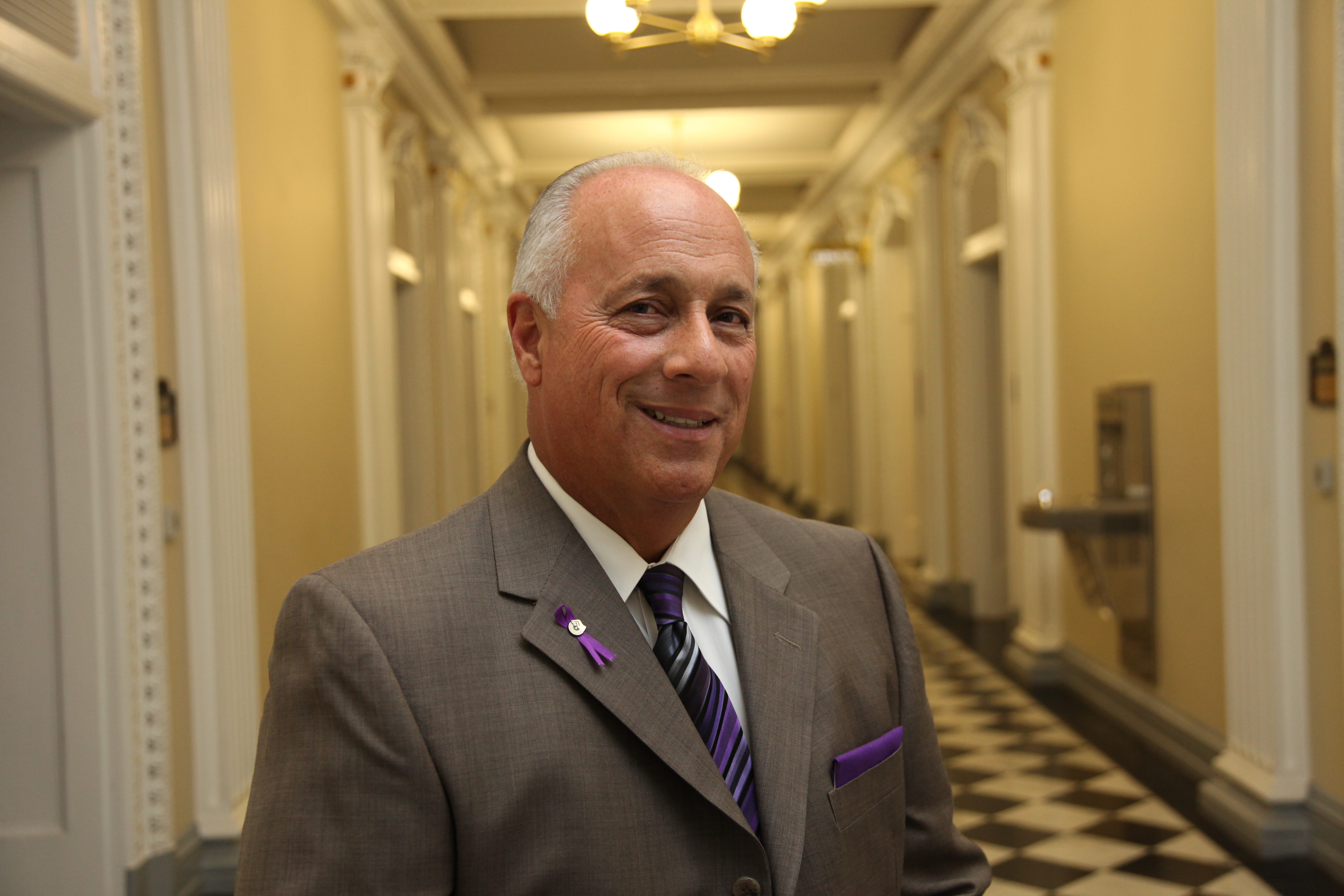
Ed. Note: Champions of Change is a weekly initiative to highlight Americans who are making an impact in their communities and helping our country rise to meet the many challenges of the 21st century.
On October 20, 2011, I was humbled and honored to be one of 14 recipients who were recognized at the White House as a ‘Champion of Change’ for work helping victims of domestic violence. For me, it is truly a commitment of passion!
As a 30+ year veteran law enforcement professional, I have seen the pain in the eyes of children and women who live in constant fear of violence in their home. In ‘crime prevention,’ we tell our citizens to lock their doors and call if they see something suspicious in their neighborhood. And they often do call, for barking dogs, a loud party of if they see shadows lurking in the dark. All too often the shadow lurking in the dark is a ‘loved one’ whose rage and violence is turned towards the children or women, locked inside that home.
In 1997, Palm Beach County (Fl) Sheriff, Robert Neumann, a former FBI supervisor, saw the devastating toll domestic violence was taking on his citizens. Aware of my background in combating domestic violence, we set out on a new approach to open this secret behind closed doors. As the domestic violence Coordinator, we led the effort and sought to create a Coordinated Community Response to domestic violence. It took the leadership of law enforcement, the prosecutor, the courts and most importantly, the domestic violence advocates to come together. We had three goals: to hold abusers accountable for their actions; to protect those experiencing domestic violence and their children and to provide a seamless link to advocates, anytime of the day or night.
We created a community awareness program, sending a strong message to abusers, but more importantly, letting those being victimized, know we were there to help. The public awareness campaign sent a message, through, every avenue possible, Public Service Announcements; public speaking engagements at every conceivable event possible; TV and radio interviews of law enforcement officials all with one intent: If you lived behind those closed doors and were experiencing violence, we wanted you to know advocates were only a phone call away and could provide services for you. And sure enough, our calls went up! Those experiencing domestic violence began calling at an earlier and less lethal incident. They no longer waited until a knife or gun came into the picture. They started calling when a hand was raised as a threatening fashion.
When police responded to a call, officers immediately put the victim on the phone, at the scene with an advocate from a certified Domestic Violence Center who provided them with care, concern and with the specific set of services for that individual and their family.
Prior to this initiative in 1997, there were sadly, 7 domestic violence homicides and a reported 4,439 crimes of domestic violence. After taking an aggressive approach to combating domestic violence through the Coordinated Community Response initiative, in some subsequent years, the annual homicide dropped to 1 for two of the following years. And, although the population has grown by nearly 200,000 people, in 2010 there were 4 domestic violence homicides and the reported crimes were reduced to 2,356.
Additionally, a far reaching, collaborative effort establishing a police protocol to responding to domestic violence calls was put forth. Ten service agencies, including the two certified domestic violence Centers sixteen law enforcement agencies and the prosecutor’s office, joined together to show the community AND those experiencing domestic violence, they were there to help!
Today, even more so, it is so vitally important for communities to work together. With limited resources for in-depth training to respond to domestic violence calls, it is imperative that the police at the scene are thorough in their evidence collection. They must ensure that the case is well documented so the prosecutor can demonstrate that he has the means to move forward with the case. At the same time, we must make certain, those experiencing domestic violence have access to life saving and life changing services so she can look to a violence free future for herself and her children!
Vincent Mazarra was a law enforcement professional for 30+ years, starting his career as a Detroit Police Officer; with the hope of helping and changing peoples’ lives. He now works for the Florida Coalition Against Domestic Violence working with police, prosecutors and families.


